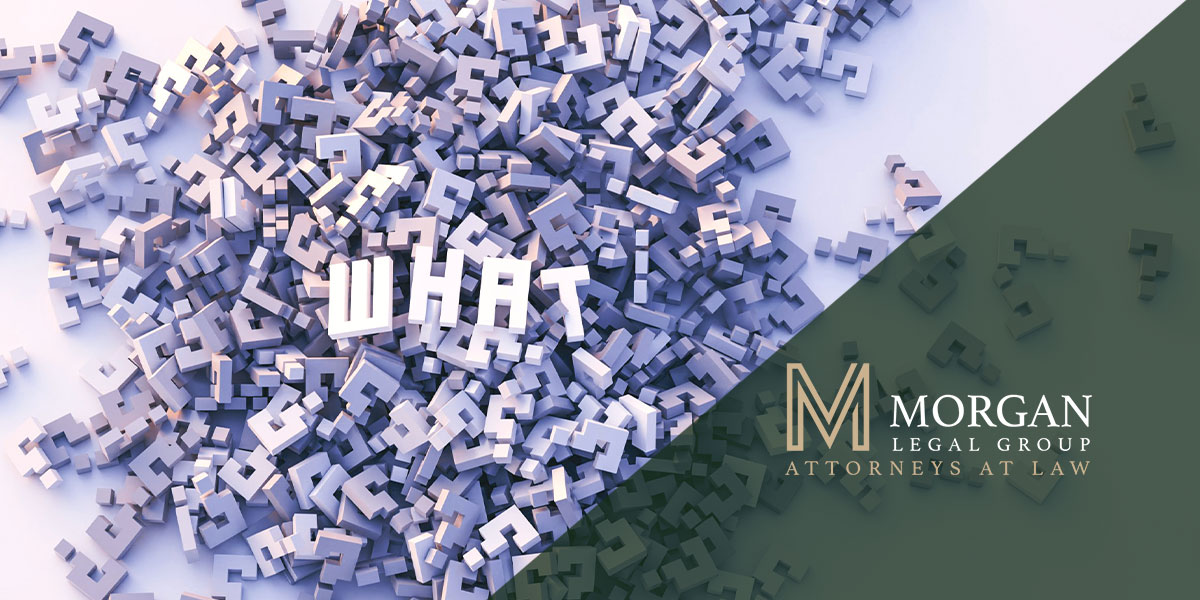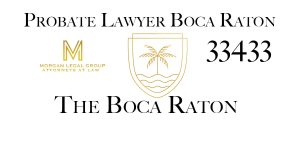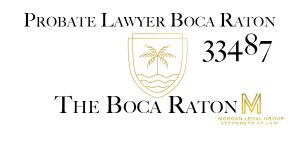Understanding Probate: Types of Assets Subject to Probate
Introduction to Probate and Asset Distribution
Probate is a legal process that transfers assets from a deceased individual, known as the decedent, to their beneficiaries and heirs. During probate, the court oversees the administration of the decedent’s estate, ensuring that debts are paid, assets are properly distributed, and the wishes of the decedent, as outlined in their will, are honored.
However, not all assets go through probate. Some assets can be passed directly to beneficiaries without the need for court involvement. In this comprehensive guide, we will explore the types of assets that typically go through probate and those that do not, helping you understand how to plan for a smoother probate process.
Assets That Typically Go Through Probate
Probate is primarily concerned with assets that are solely owned by the decedent and do not have a designated beneficiary. Here are common types of assets that typically go through probate:
1. Real Estate
Real estate properties owned solely by the decedent often go through probate. This includes homes, land, and other real properties. The probate process ensures that the property’s title is transferred to the rightful heirs or beneficiaries.
2. Bank Accounts
Bank accounts in the sole name of the decedent are subject to probate. This includes checking accounts, savings accounts, and certificates of deposit (CDs). The court oversees the distribution of funds to the intended beneficiaries or heirs.
3. Investment Accounts
Investment accounts and brokerage accounts in the decedent’s name alone are typically subject to probate. These accounts may hold stocks, bonds, mutual funds, and other investments. Probate ensures the proper transfer of these assets to beneficiaries.
4. Personal Property
Personal property owned solely by the decedent, such as furniture, jewelry, vehicles, and collectibles, is subject to probate. The court oversees the distribution of these items to beneficiaries or heirs as specified in the will or determined by state laws.
5. Business Interests
If the decedent owned a business or had ownership interests in a business, those interests may go through probate. The court ensures that the ownership interests are transferred to the appropriate parties, which could be family members or business partners.
Assets That Typically Do Not Go Through Probate
While many assets go through probate, some assets can bypass the probate process altogether. These assets have designated beneficiaries or co-owners. Here are common types of assets that typically do not go through probate:
1. Jointly Owned Property
Assets owned jointly with the right of survivorship automatically pass to the surviving co-owner(s) when one owner passes away. Common examples include jointly owned real estate and joint bank accounts. The asset’s title will be updated to reflect the surviving owner’s ownership.
2. Retirement Accounts
Retirement accounts, such as 401(k)s and IRAs, typically have designated beneficiaries named by the account holder. When the account holder passes away, the assets in these accounts go directly to the named beneficiaries, avoiding probate.
3. Life Insurance Policies
Life insurance policies also have designated beneficiaries. When the policyholder passes away, the death benefit is paid directly to the named beneficiaries, providing financial support without going through probate.
4. Payable-on-Death (POD) Accounts
Bank accounts and investment accounts with a Payable-on-Death (POD) designation allow the account holder to name a beneficiary. The funds are transferred to the named beneficiary upon the account holder’s death without probate involvement.
5. Transfer-on-Death (TOD) Assets
Similar to POD accounts, assets such as stocks and bonds with a Transfer-on-Death (TOD) designation allow the owner to name a beneficiary. The assets are transferred to the named beneficiary when the owner passes away.
Planning for a Smoother Probate Process
Understanding which assets go through probate and which do not is crucial for effective estate planning. Here are some steps to consider for a smoother probate process:
1. Create a Comprehensive Will
A well-drafted last will and testament can specify how you want your assets to be distributed, making the probate process more straightforward. Ensure that your will is up to date and reflects your current wishes.
2. Consider Trusts
Revocable living trusts and irrevocable trusts can help you avoid probate for certain assets. Assets placed in a trust are not considered part of your probate estate.
3. Review Beneficiary Designations
Regularly review and update the beneficiary designations on your accounts, including retirement accounts and life insurance policies, to ensure they align with your intentions.
4. Joint Ownership
If appropriate, consider joint ownership of assets with the right of survivorship to allow for a seamless transfer to the co-owner(s).
5. Consult an Attorney
Seek the guidance of an experienced estate planning attorney who can help you create a comprehensive plan that minimizes probate and ensures your wishes are carried out.
Conclusion
Probate is a necessary process for the orderly distribution of assets after a person’s passing. Understanding which assets go through probate and which do not is essential for effective estate planning. By taking proactive steps, such as creating a comprehensive will and considering trusts, you can plan for a smoother probate process and ensure that your assets are distributed according to your wishes.
At Morgan Legal Group in Miami, our experienced estate planning attorneys are here to provide expert guidance on probate and asset distribution. Contact us today to learn more about our estate planning services and how we can help you navigate the complexities of probate.








